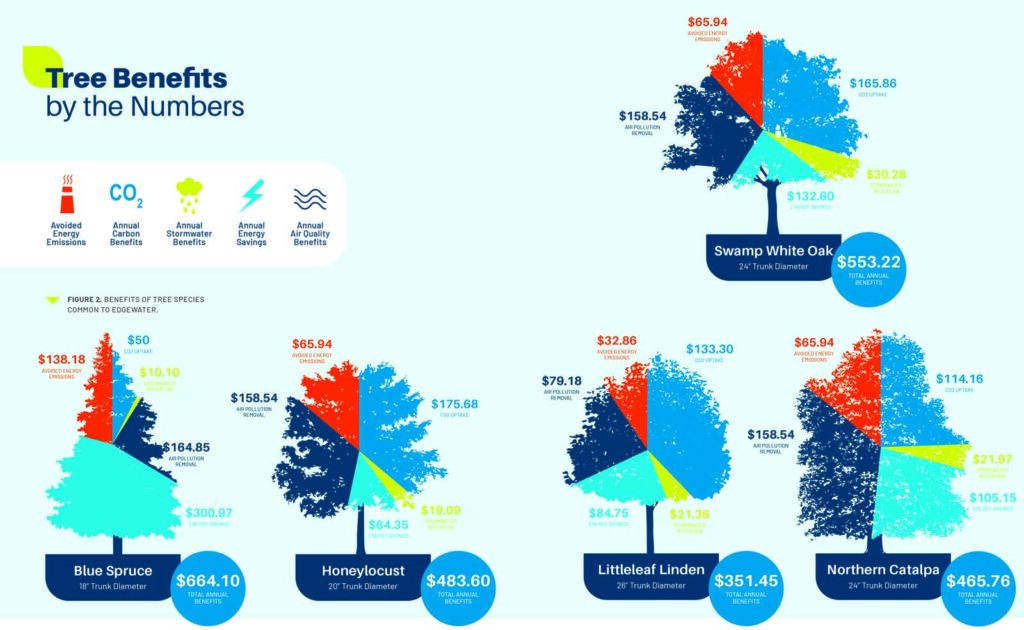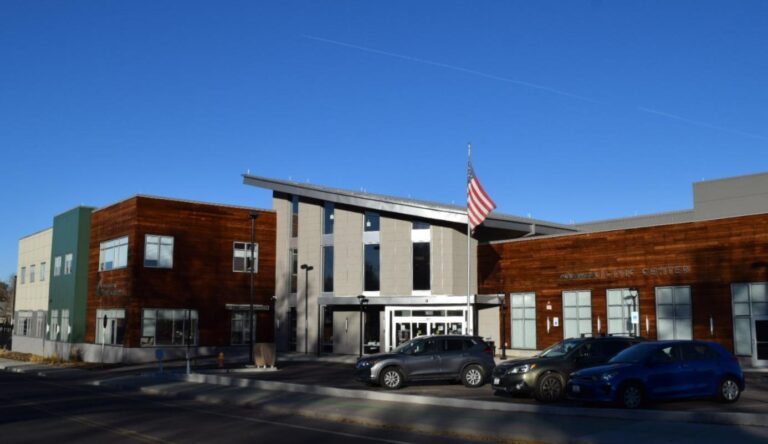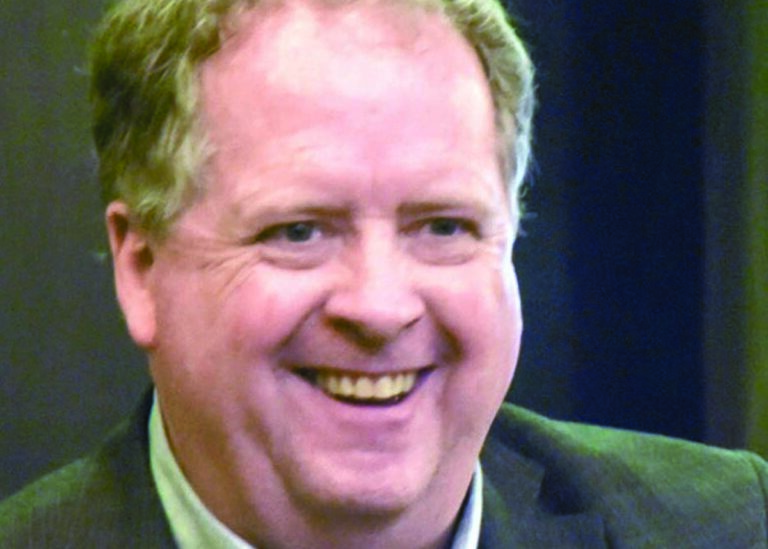The city of Edgewater cares about trees.
Surveys conducted in the early phases of the Edgewater Urban Forest Master Plan process revealed that 96 percent of survey respondents strongly agreed that trees were important to them. During their June 4 meeting, the Edgewater City Council unanimously passed a resolution to adopt the master plan.
A 2020 canopy assessment estimated a 15 percent canopy tree cover in Edgewater, said Dana Karcher, who has spent over 17 years working in urban forestry. Karcher works with Davey Research Group, which assisted in creating the Edgewater Urban Forest Master Plan. Davey Research Group has partnered with hundreds of cities to develop similar plans, according to the Edgewater Urban Forest Master Plan.
The City’s arborist Bill Cassel reviewed and participated in the process. Cassel has since retired. Jocelyn Mills, deputy city manager, and Shaima Shahbaz, sustainability coordinator of Edgewater, also assisted with the plan.
During summer 2023 the research group sought community engagement, talked to relevant stakeholders and analyzed the tree canopy. By winter 2023 the group developed a draft and received feedback on their plan.
The Urban Forest Plan will do more than simply increase the tree count in Edgewater. More trees will mitigate effects of climate change, provide habitat for wildlife, improve human health, reduce stormwater runoff, lower summer temperatures and improve water quality. Financially the plan is projected to save the city $31,000, Karcher said during the June 4 city council meeting.
“The larger the canopy, the more benefits,” Karcher said during the city council meeting.
Questions that the developers of the forest plan considered during the planning process included: what are we already doing and what’s working? What do both stakeholders and the community want from the forest plan? Where does the community want the urban forest and how do they want it to grow, Karcher asked during the City Council meeting.
“We’ve developed this vision to ensure that Edgewater’s urban forest is abundant, diverse and well cared for and to benefit the community by improving our wellbeing, supporting climate resiliency and symbolizing the community’s commitment to our natural environment.” Karcher said during the city council meeting. “This vision is really great because there’s a lot of things that can tuck up underneath that vision.”
Main recommendations that the plan makes are: Leveraging public and stakeholder support of better care for public street trees, strengthening policies and procedures around tree maintenance, enhancing the city’s urban forestry services through utilization of internal and external professionals, taking a data-driven approach to urban forest management and care, implementing a multi-year planting strategy for public and private properties and building regional partnerships to support urban forestry operations, Karcher said during the city council meeting.
Citizens of Edgewater can make personal choices that will increase the urban forest, beyond supporting the city’s plan.
“Every time you plant a tree in your yard, you’re actually helping increase the canopy in your city.” Karcher said during the city council meeting.
Karcher recommends using the Colorado Tree Coalition “Find the Right Tree” service on their website, which lists the types of trees that do well in a Colorado climate.
Council member Mercedes Valdez inquired about the possibility of natural disaster threats and its effect on trees because the plan didn’t address this possibility.
“If street trees are cared for on a regular basis, you have a lot less problems when a large storm comes along,” Karcher said at the city council meeting.
Council member Bill Berg inquired about insects that affect tree health. In Karcher’s experience as an arborist the biggest insect threat to trees in Edgewater is the Emerald Ash Borer. Karcher’s advice for addressing the insect is through the community being educated on treating trees.
Throughout the city council meeting most agreed that trees were a valuable asset to the city.
“I think everybody that knows me knows that before we were the city of choice, we were the city of trees,” Berg said during the city council meeting. “Trees are definitely one of those shared passions I have with my neighbors.”






